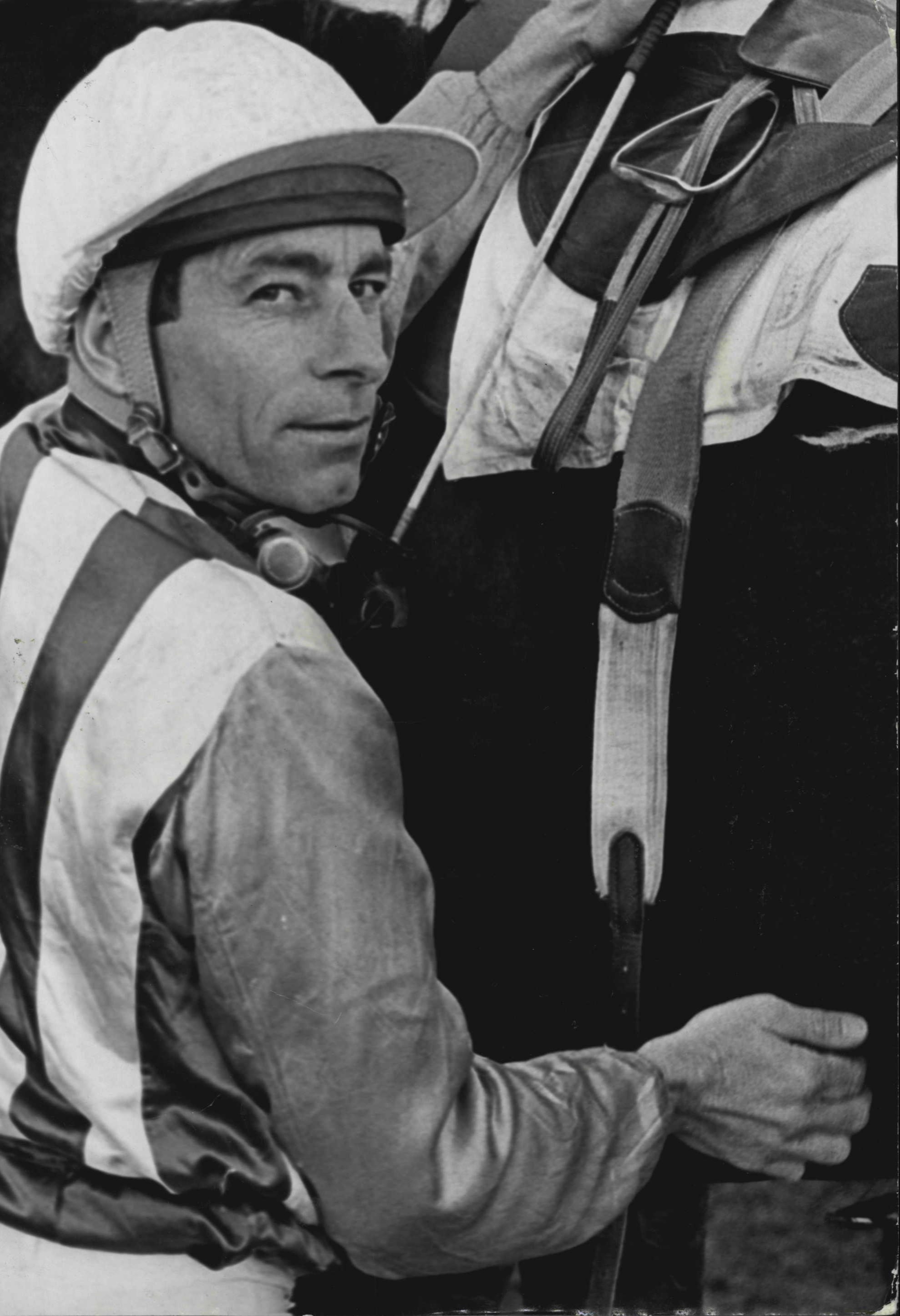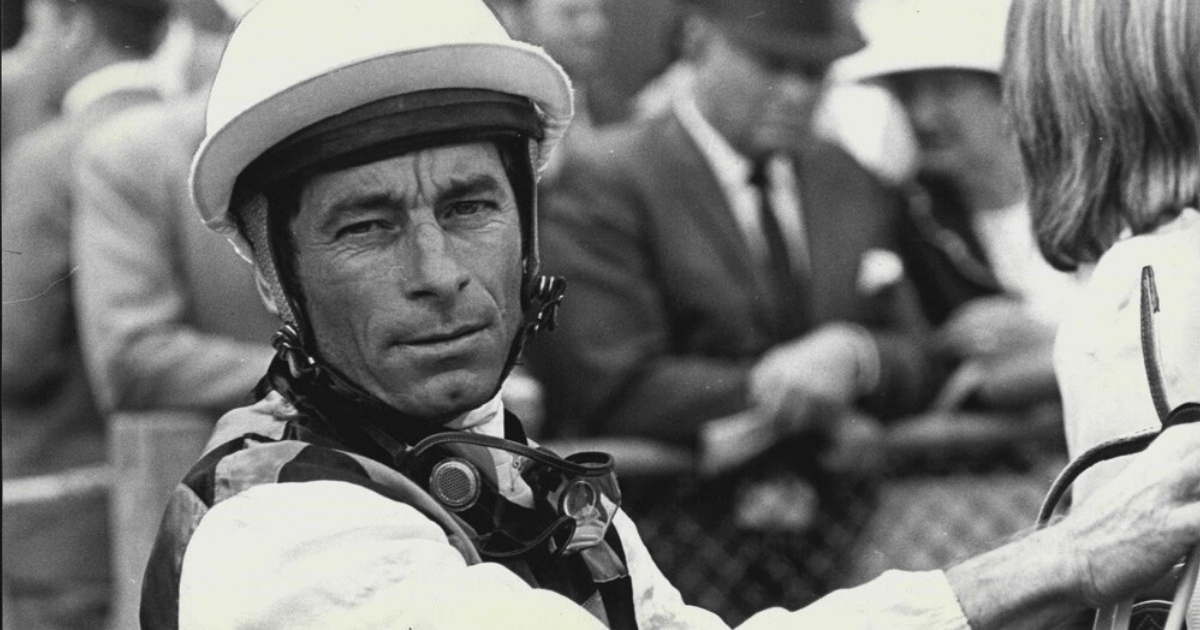Bill Camer, known as the "smallest jockey in the world," has sadly passed away at the age of 92. The Australian racing icon competed during a historic period of the sport in Sydney and achieved remarkable success, winning numerous prestigious races.
An Iconic Career
Bill Camer was a legendary Australian jockey who left an indelible mark on the sport. Throughout his career, he emerged victorious in some of the biggest races in horse racing. Notably, he holds the record for being the oldest winning jockey in the Cox Plate, a race he won astride Kingster.
His achievements also include triumphs in the Doncaster Mile and Stradbroke Handicaps on Karend, as well as victories in the Stradbroke Handicaps on Wiggle in 1958 and Divide And Rule in 1970. In 1975, he added the Epsom Handicap on Authentic Heir to his list of impressive wins.
A True Competitor
Bill Camer faced off against some of the greatest jockeys of his time, including George Moore, Neville Sellwood, Jack Thompson, Athol Mulley, Ray Selkrig, Arthur Ward, and Billy Cook. Despite the competition, Camer held his own and etched his name among the sport's elite.

A Fond Farewell
Racing community members have paid tribute to Bill Camer, remembering him as a true character and a force to be reckoned with. Ron Dufficy, a former jockey who raced alongside Camer, described him as a "real larrikin" and praised his unmatched fitness and toughness.
Peter V'landys, Chief Executive of Racing NSW, hailed Camer's long and distinguished career, highlighting his impact during a golden era of jockeys. V'landys extended his condolences to Camer's wife Barbara, son Bradley, and daughter Tina, as well as the entire racing community who mourn his loss.
The racing world bids farewell to a true trailblazer and legend. Bill Camer's contributions to the sport will not be forgotten.
Frequently Asked Questions
What is a trainer’s role in training a racing horse?
The jockeys are essential in the training and development of racehorses. Not only do they ride the racehorses during workouts and give feedback, but they help educate the horse on racing tactics. A good jockey becomes attuned to the horse’s strengths and weaknesses, which is indispensable for race preparation.
Are there different race training methods for different horse breeds?
Race training methods can indeed vary for different horse breeds, as breed characteristics and racing distances differ. For instance, Thoroughbreds, which are commonly associated with long-distance flat racing, undergo different training compared to Quarter Horses, which specialize in sprinting short distances. Each breed has unique physical and behavioral traits that require a tailored training approach.
Is a special shoe required for racehorses?
Racing plates are typically lighter and thinner compared to regular horseshoes. These plates are designed to provide the required traction while also minimizing the weight. A racehorse farrier will select and fit the shoes according to each horse’s foot conformation, and the surface on which they will be racing.
How important is a horse’s pedigree when it comes to winning races?
While pedigrees can be used as a predictor of potential in a racehorse, they are not the only factors that influence their performance. Lineage may indicate that a racehorse has inherited an aptitude for speed or durability, but other factors like training, temperament and health are equally important. Good training can maximize a horse’s natural abilities and even allow it to outperform others with more impressive pedigrees.
What is the best diet for a race horse?
The diet of a racehorse must be balanced and high-quality to meet the demands for energy during training and racing. It usually includes a combination high-quality hays, grains (such as oats or barsley) and commercially made feeds for racehorses. In order to ensure peak performance, it is important that the diet be supplemented with vitamins and minerals.
What is the age at which a horse should begin racing training?
Horses can start their basic training as yearlings, but most begin their more rigorous race training and conditioning when they are around two years old. When their bodies are mature and able to handle the stress of the track, but still young enough to learn. Depending on the temperament and development of the horse, exact timing may differ.
Statistics
- Around 80% of thoroughbred racehorses begin their racing careers by the age of two, according to industry estimates.
- The average racehorse reaches its peak physical ability between the ages of four to five, with some variation based on the breed and individual development.
- Racehorse mortality rates during racing have been observed to be between 1.5 to 2 deaths per thousand starts, depending on the racing jurisdiction.
- An extensive survey indicated that over 90% of racehorse trainers utilize swimming as a low-impact exercise in their conditioning routines.
- Approximately 70% of a racehorse’s diet consists of forage, with the remainder made up of grains and supplements to meet their high-calorie needs.
- Research has found that a racehorse’s stride length can increase by up to 7% following specific strength and conditioning programs.
External Links
thoroughbredracing.com
horseracing.com
bloodhorse.com
jockeyclub.com
racingpost.com
equibase.com
How To
How to choose race-specific gear for your horse
Opt for lightweight, durable tack when outfitting a racehorse to enhance performance without burdening the animal. Racing saddles were designed with minimal weight to maximize speed. Use racing bridles that are slim and strong, offering control without unnecessary bulk. Choose racing plates instead of traditional horseshoes to enhance traction and speed on the track. Be sure that the tack you use fits well to prevent injury and keep you comfortable during training and racing.

